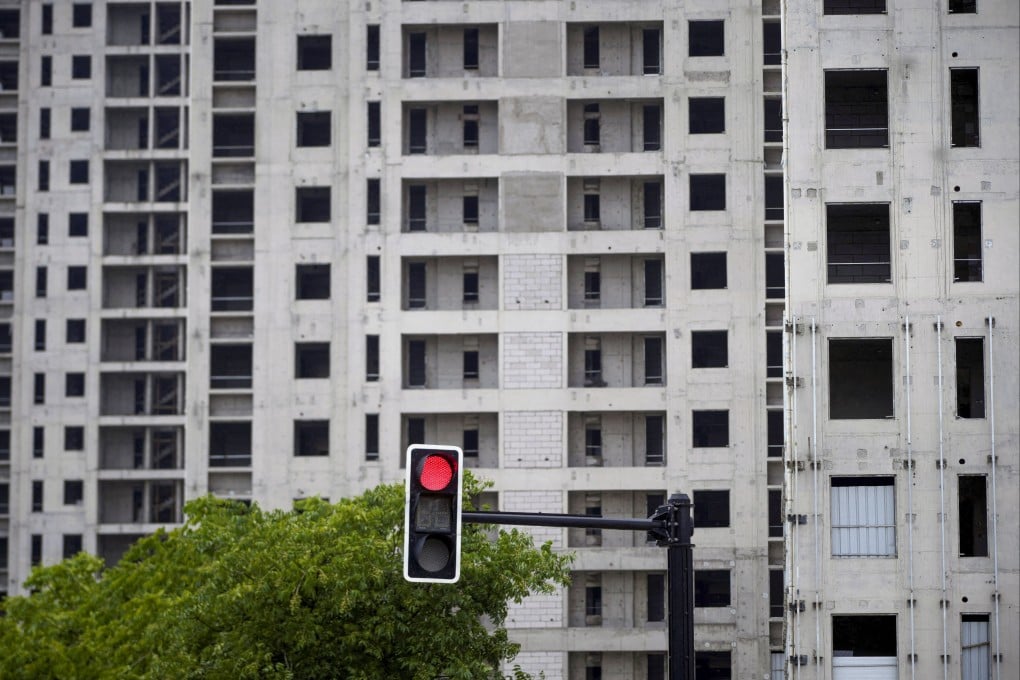Chinese developer CIFI Holdings’ shares slump to record low on deteriorating finances, analyst downgrade
- The shares slumped 8 per cent on Friday to an all-time low of HK$0.66, taking losses for the past month to more than 64 per cent
- CIMB Securities on Friday downgraded CIFI’s shares to ‘hold’ and lowered the target price to HK$0.92 due to higher chances of the firm delaying debt payments

The crisis in China’s housing market is deteriorating quickly, with yet another developer in the firing line.
The latest to get engulfed in the crisis is Shanghai-based CIFI Holdings, whose shares and bonds plunged after analysts downgraded the developer’s outlook because of its deteriorating finances.
“Although CIFI has raised a few billion yuan in the past 12 months through equity, asset disposals and onshore debt issuance, the efforts seem insufficient to meet its liquidity needs,” said Raymond Cheng, head of China and Hong Kong research at CGS-CIMB Securities, who downgraded the stock from “buy” to “hold” on Friday.
The target price was lowered to HK$0.920 from HK$3.70 due to a higher probability of the company delaying debt repayments, CGS-CIMB said.
CIFI’s shares fell 8 per cent on Friday, closing at a record low of HK$0.66. The shares have lost 64.04 per cent in the past month.
